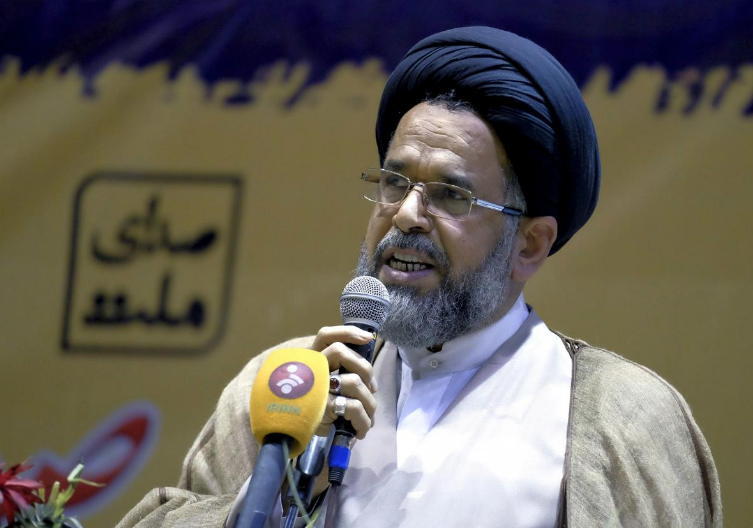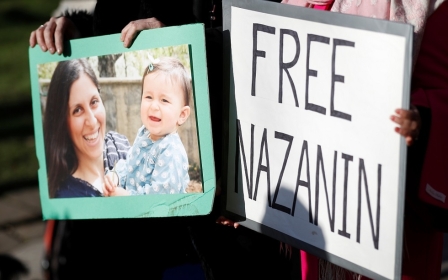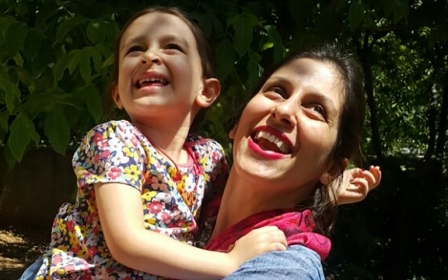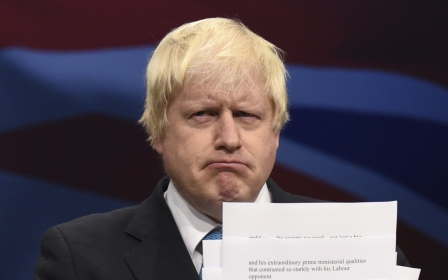Iran arrests 'dozens of spies' in government jobs as tensions rise

The Iranian government has arrested dozens of alleged spies as part of a crackdown on espionage, intelligence minister Mahmoud Alavi said on Tuesday.
Alavi did not say when the arrests took place or which countries the spies were allegedly working for, but indicated that many of the detainees were dual nationals and that many were working in the Iranian government.
"Financially and through other means, our enemies try to get information on our country," Alavi said in an interview on state television.
"They act by spying and infiltration. Fortunately, the anti-espionage section is one of the strongest sections of this ministry."
He did not provide details on the "dozens of spies", or over what period they were arrested.
He said there was also a concerted effort to root out dual nationals working in official positions.
"If you know anyone, tell us about them," he said.
Iran does not recognise dual nationality and does not routinely announce arrests or charges against dual nationals, whose rights to consular assistance are enshrined in international law through the United Nations' Vienna Convention.
The arrest of dual nationals has stepped up after Iranian Supreme Leader Ayatollah Ali Khamenei said there had been an “infiltration” of Western agents into Iranian decision-making bodies.
The arrest of one dual national, British-Iranian woman Nazanin Ratcliffe-Zaghari, has increased friction between Tehran and London. On Sunday she was sent back to prison after being given temporary release.
Threat from the Islamic State group
Minister of intelligence Alavi also spoke of the threat from Islamic State (IS), which sees Iran as one of its principal enemies in the region.
He said 230 "terrorist cells" had been intercepted over the past year.
"We foiled plots on places such as universities and the metro, but we published little information about this," Alavi said.
IS carried out a multi-pronged attack on Iran's parliament and the shrine of revolutionary leader Ruhollah Khomeini in June 2017, killing 17 people.
Alavi also covered the crackdown on corruption and those manipulating Iran's chaotic currency rates, which have been a significant focus of discontent in recent months.
"If we want to have a dynamic economy, we must fight economic corruption. In the intelligence ministry, we have opened 130 files, and more than 180 suspects have been arrested," he said.
New MEE newsletter: Jerusalem Dispatch
Sign up to get the latest insights and analysis on Israel-Palestine, alongside Turkey Unpacked and other MEE newsletters
Middle East Eye delivers independent and unrivalled coverage and analysis of the Middle East, North Africa and beyond. To learn more about republishing this content and the associated fees, please fill out this form. More about MEE can be found here.




